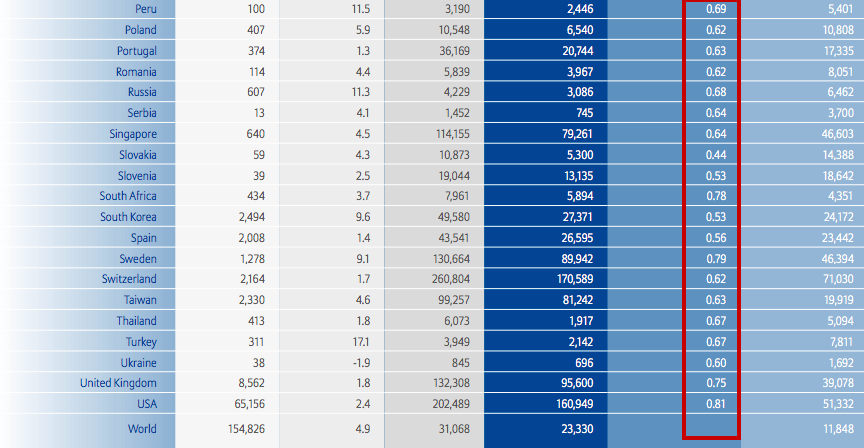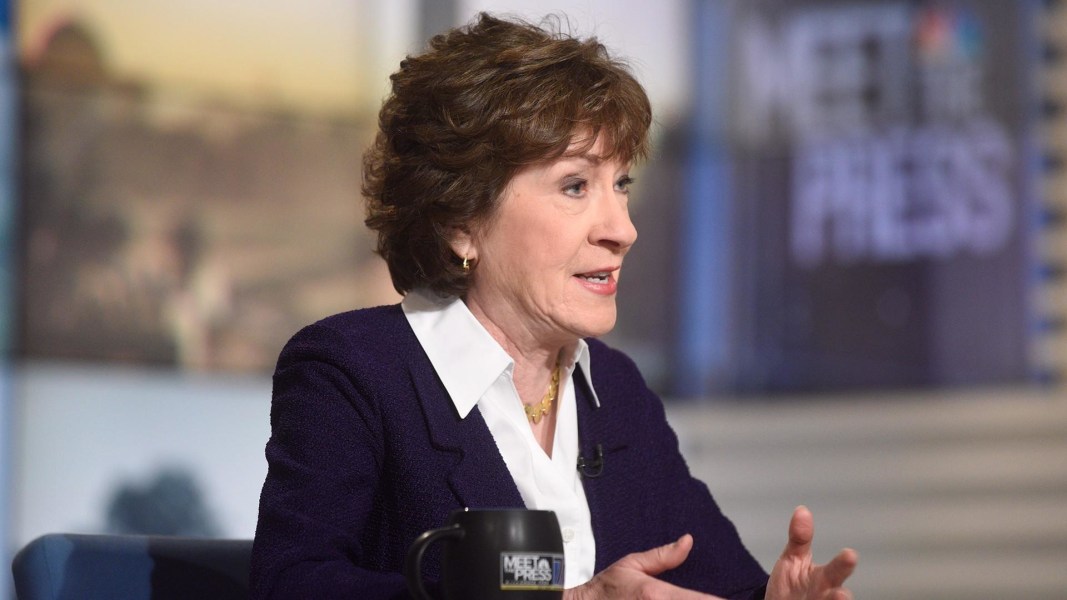MSNBC
The Rachel Maddow Show / The Maddow Blog
 In this Jan. 29, 2015 file photo, Senate Judiciary Committee Chairman Sen. Charles Grassley, R-Iowa is seen on Capitol Hill in Washington, DC. Photo by J. Scott Applewhite/File/AP
In this Jan. 29, 2015 file photo, Senate Judiciary Committee Chairman Sen. Charles Grassley, R-Iowa is seen on Capitol Hill in Washington, DC. Photo by J. Scott Applewhite/File/AP
Grassley blasts working class for spending on booze, women, and movies
Steve Benen December 4, 2017
When Republicans talk up their tax plans, they usually make an effort to mention the middle class. The evidence shows that the current GOP proposals, when fully implemented, would actually raise taxes on millions of middle-class households, but at least in their public talking points, Republican officials try to avoid sounding plutocratic.
GOP efforts to repeal the estate tax, however, make the political push tricky – because literally no one in the middle class pays the tax that applies only to estates worth more than $5.49 million. The standard Republican line is that the estate tax is bad for farmers, but the Des Moines Register published a good piece over the weekend, noting that a “review of federal tax data and nonpartisan research on the subject shows that family farmers and small business owners represent a tiny share of estate tax payers, and that the taxes they owe rarely force them to sell land or quit farming.”
The data apparently hasn’t swayed Sen. Chuck Grassley (R-Iowa), an ardent opponent of the estate tax.
In a Nov. 29 interview, Grassley was adamant about the need for change, even if farmers and small business owners represent a tiny minority of estate tax payers. The reason, he said, is as much philosophical as practical.
An estate tax effectively and unfairly taxes a person’s earnings twice, he argued: first when they earn it and again when they die. And, he added, it penalizes savers without touching spenders.
“I think not having the estate tax recognizes the people that are investing,” Grassley said, “as opposed to those that are just spending every darn penny they have, whether it’s on booze or women or movies.”
It’s rare to see prominent politicians celebrate elitism with such candor. To hear Grassley tell it, multi-millionaires and billionaires – and their heirs – deserve an expensive tax break. If the rest of us spent our paychecks in ways Iowa’s millionaire senator approves of, perhaps we’d be millionaires, too.
In other words, if you’re not rich enough to qualify for the estate tax, it’s probably your fault – which is why congressional Republicans don’t see the need to “recognize” you.
Grassley’s quote may be provocative, but it’s not necessarily unique. There’s a deep strain of thought in contemporary GOP politics that says the wealthy are entitled to special benefits because they’re wealthy, while those on the lower end of the economic spectrum deserve less because they have less.
Earlier this year, for example one Republican congressman justified a vote on ACA repeal by saying Americans would be able to afford health security, without assistance, by giving up “getting that new iPhone.”
One of my favorite moments from 2012 campaign came when Mitt Romney praised “the entrepreneurial spirit” by pointing to Jim Liautaud, who struggled in school, but who borrowed some money from his father, created a sandwich business, and ended up with 1,200 Jimmy John restaurants across this country.
For Romney, this was clear proof that Americans “don’t need the government” to get ahead. Individuals, the Republican said, simply need to “look to themselves and say, ‘What can I do to make myself better?’”
The part of the story that Romney conveniently overlooked is the fact that the hero of the tale succeeded because he had a father with thousands of dollars he could lend to his son. Much of the country, meanwhile, doesn’t have enough money in the bank to cover a $400 emergency expense. What can you do to make yourself better? Romney’s suggestion was you can choose wealthier parents, though I’m afraid that’s impractical advice.
Faced with this reality, Grassley and other Republicans are convinced the best use of their efforts is to pass, among other things, an estate tax repeal that exclusively benefits the wealthy.
For many years, Democrats have struggled with rural voters, in part because of cultural considerations: these communities often say they feel looked down upon by urban “elites” who dismiss working families in “fly-over country.”
Which is precisely what makes Grassley’s quote so important. Iowa’s senior senator isn’t just championing tax breaks for the rich; he’s also expressing disdain for those who live paycheck to paycheck. The veteran Republican lawmaker is looking down on them, marveling at what he sees as working families’ fiscal irresponsibility.
A few weeks after Election Day 2016, Stephen Moore, a conservative economist who advised Donald Trump during the campaign, told a group of Republicans that the party’s economic vision had taken an important turn. “Just as Reagan converted the GOP into a conservative party, Trump has converted the GOP into a populist working-class party,” Moore said at the time.
In hindsight, the comments read like a cruel joke.

 Senate majority leader Mitch McConnell with Senate majority whip John Cornyn, and Senator John Barrasso, talk to reporters, July 25, 2017. (AP Photo / Jacquelyn Martin)
Senate majority leader Mitch McConnell with Senate majority whip John Cornyn, and Senator John Barrasso, talk to reporters, July 25, 2017. (AP Photo / Jacquelyn Martin) Aaron Bernstein | REUTERS | BDN. Sen. Susan Collins, R-Maine. speaks with reporters ahead of the party luncheons on Capitol Hill, Washington, Oct. 3, 2017.
Aaron Bernstein | REUTERS | BDN. Sen. Susan Collins, R-Maine. speaks with reporters ahead of the party luncheons on Capitol Hill, Washington, Oct. 3, 2017.





